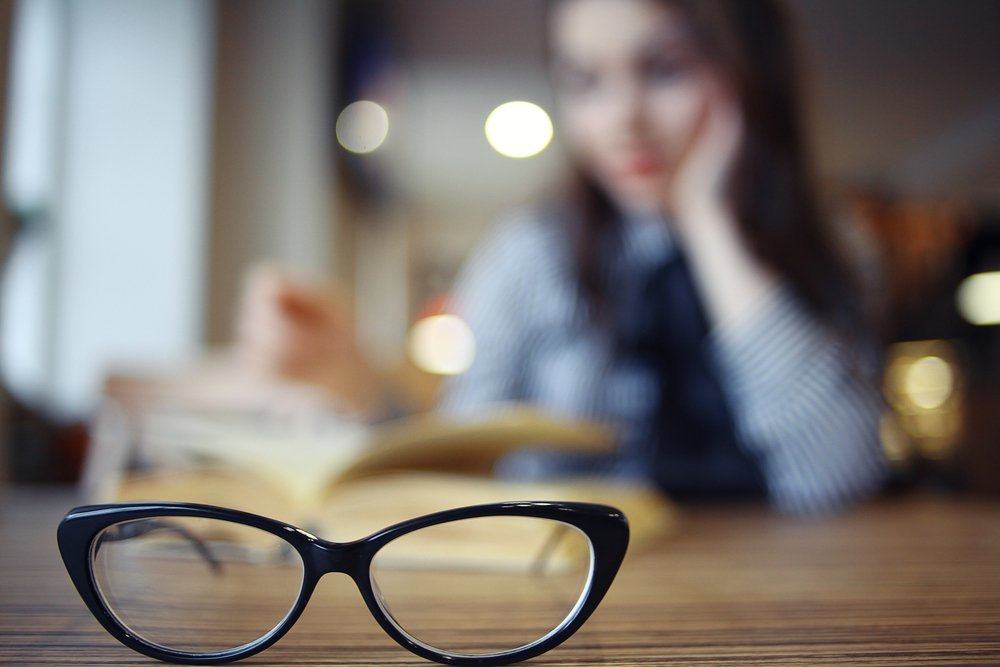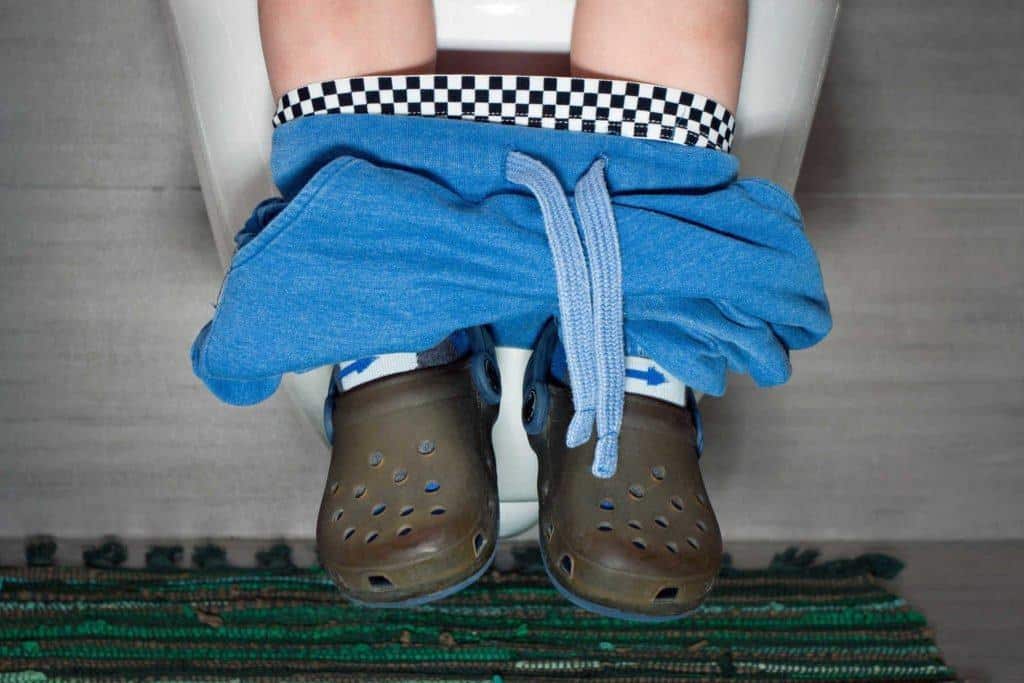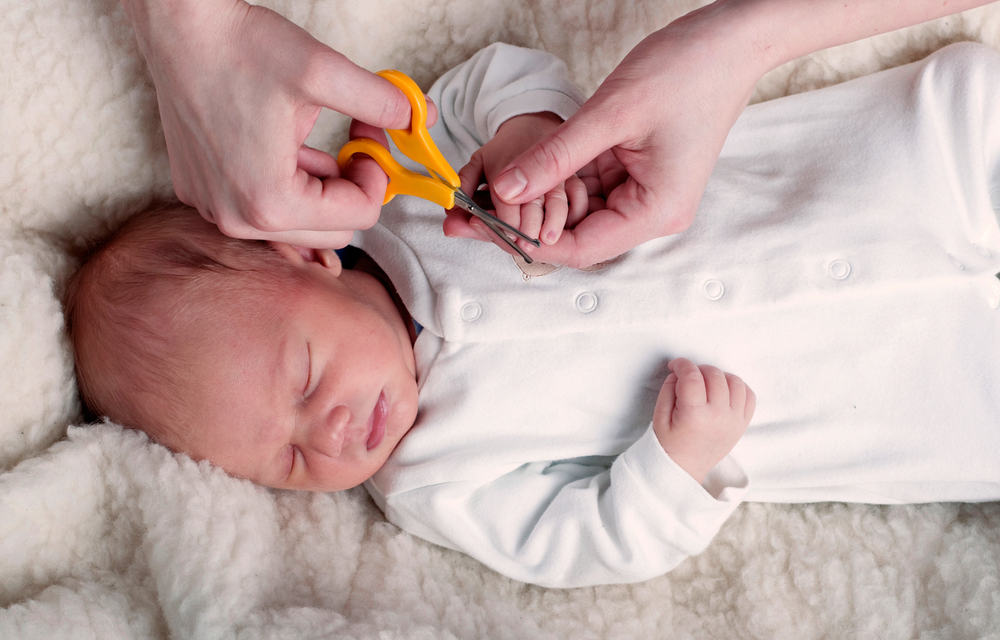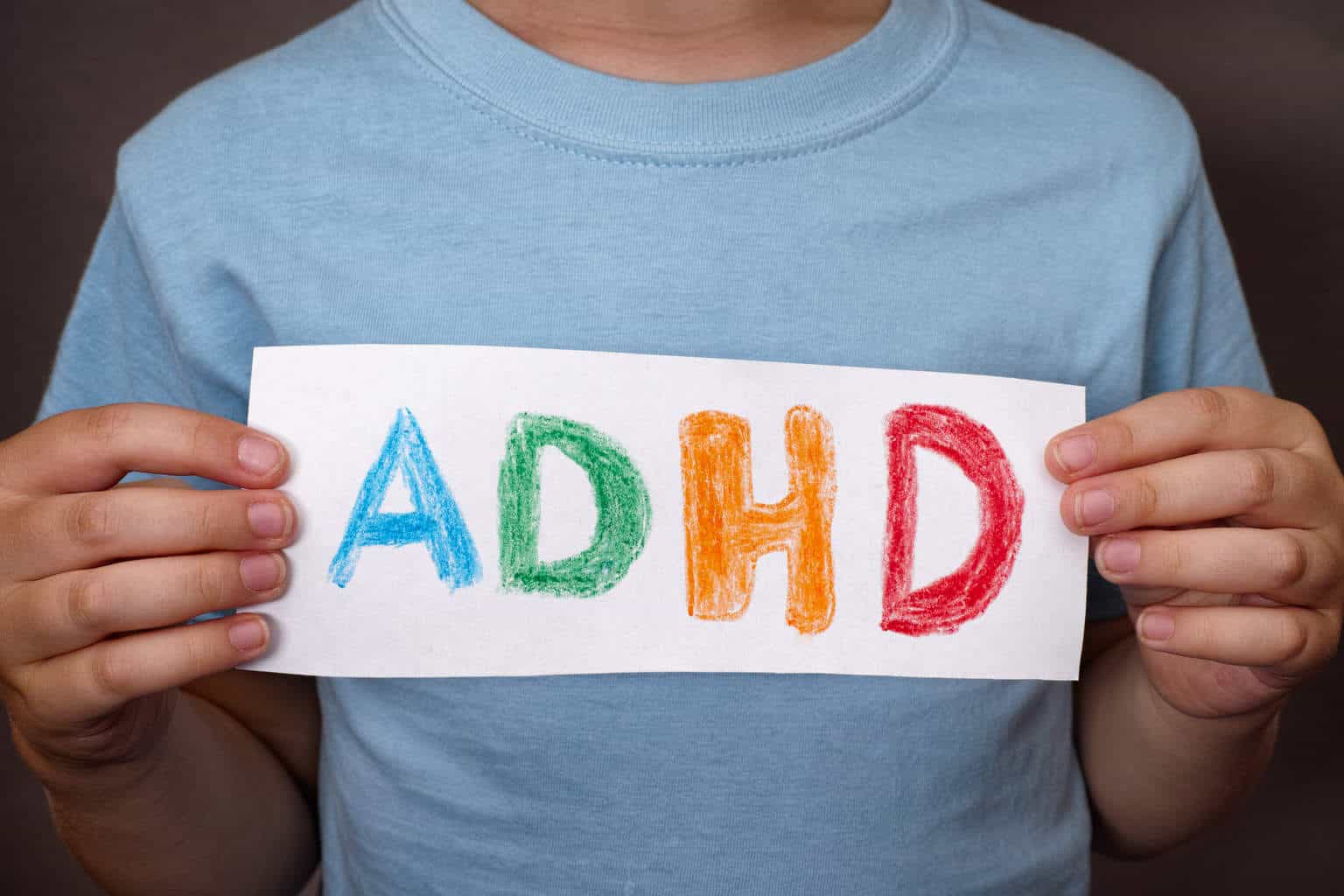Contents:
Medical Video: Problems With Thick Eyeglasses : Eyeglasses Basics
There are many reasons why someone chooses not to always wear his glasses. Whether because of the design that makes them less eye-catching, not confident, or just more comfortable doing activities without glasses. Not to mention there is an assumption that glasses do not improve vision. This was triggered by the fact that many people have been wearing glasses for a long time, but minus continues to increase every year.
What is clear, wearing glasses is not a direct cause of minus the increasing eyes.
Sighting eyesight may mean you are wearing the wrong prescription glasses
Glasses are external optical aids to provide clearer vision to people with blurred vision caused by eye focus disorders. Wrong prescription glasses are a fairly common mistake found during eye examinations, usually as a result of handwriting that is difficult to read. When calculating the lens just slightly missed one-two degrees, you will have glasses that are opaque and cause the vision to blur.
However, blurry vision can also occur when you adjust to glasses that have accurate recipes. Blurred vision during the adjustment of prescription new glasses generally lasts for a maximum of two weeks. If your vision doesn't improve afterwards, it's possible that you have the wrong prescription or the lens of your glasses doesn't match what is prescribed.
Other symptoms that you should pay attention to really determine whether your blurred eye complaints are caused by incorrect prescription of the glasses are fading extreme views and difficulty focusing followed by recurrent headaches and vertigo. If you close your eyes and find that your vision is still blurred, then your glasses don't have the right recipe. If you experience headaches or dizziness due to excessive eye strain then prescribing your glasses is not what you should.
But, vision also gets worse with age
On the other hand, the difficulty of focusing on images or writing is a sign of aging that is difficult to avoid. This condition is called presbyopia and can attack us all, so most of us eventually have to wear glasses. Presbyopia is different from minus eye problems (nearsightedness / myopia), plus (farsightedness), and cylinders (astigmatism) that are related to the shape of the eyeball and are caused by genetic and environmental factors.
Presbyopia generally begins to appear in the mid 40s, believed to originate from the thickening and loss of flexibility of natural lenses in your eyes gradually due to age. Lenses that lack natural flexibility make your eyes lose the ability to quickly focus on an object. Many eye conditions, including presbyopia, worsen by themselves over time - with or without glasses. In other words, if you complain about the difficulty of reading a newspaper without your glasses, because that's the process. Sooner or later, like it or not, you will experience it and there is not much you can do about this natural aging process.
So, do you need to wear glasses or not?
Your glasses cannot be blamed. Glasses actually help you see more clearly. So, the vision that worsens after you take off your glasses is actually only you who are back in your original vision mode, it seems increasingly clarified because you are already very familiar with sharper vision thanks to the help of your eyeglass lens.
However, these two situations will be different in children who wear glasses to help straighten the eyes or improve vision from squint (strabismus) or lazy eyes (amblyopia). Not wearing the right glasses or not wearing them at all can actually have a long-term impact on their vision.
READ ALSO:
- 6 Eye Gymnastic Movements to Get Rid of Tired Eyes
- This is the reason people tend to close their eyes when kissing
- Eyes of a Cat in Children? Watch Out for Eye Cancer Symptoms












